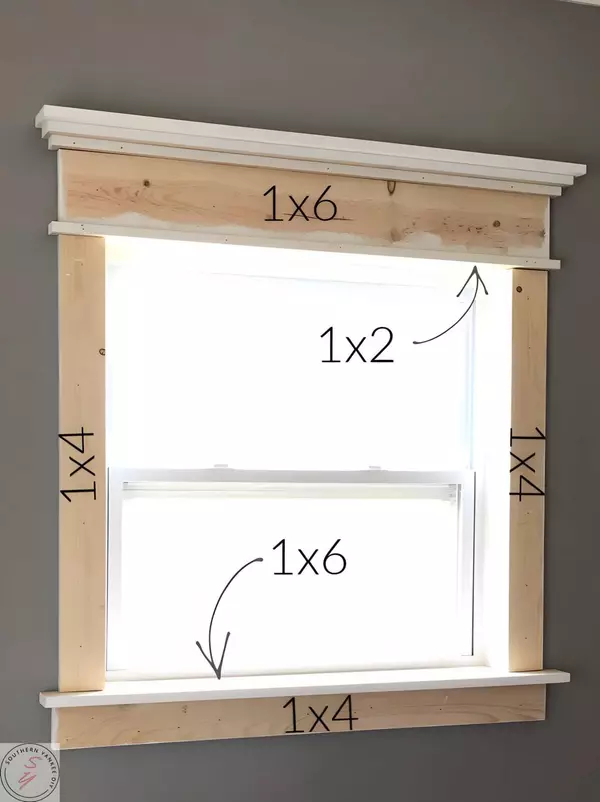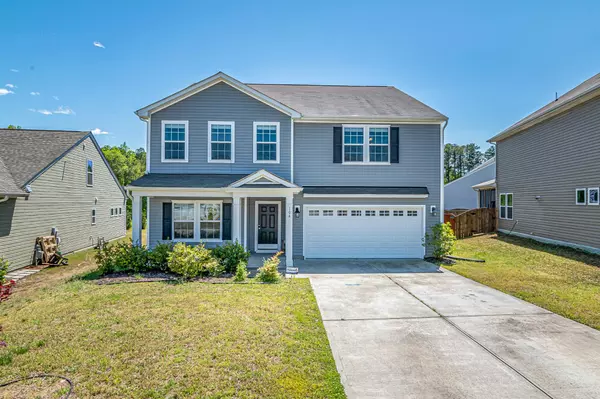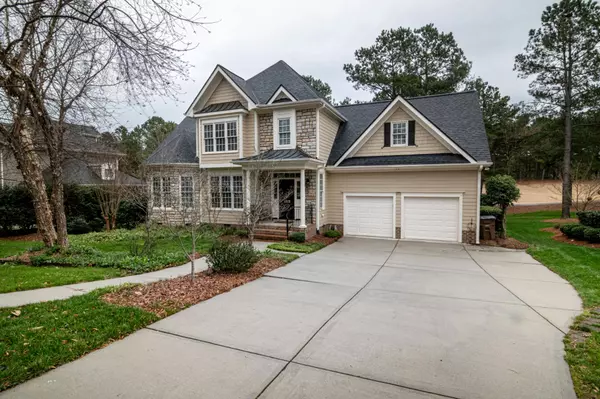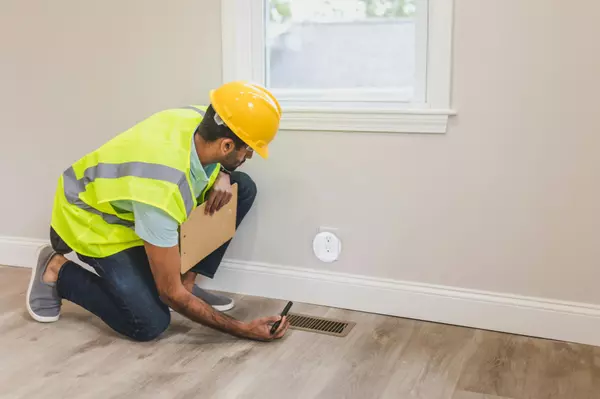
Unlocking the Door to Homeownership: It’s Easier Than You Think!
At Buy Georgia Realty, we understand that homeownership can seem like a daunting dream. The complexities of the real estate market, securing a mortgage, and fears of making the wrong decision often hold people back. But with our expert guidance and the right preparation, you'll discover that achievi

The Financial Advantages of Splitting Your Mortgage Payments
Buy Georgia Realty: Exploring the Benefits of Semi-Monthly Mortgage Payments At Buy Georgia Realty, we understand that managing your mortgage effectively is key to maximizing the value of your homeownership journey. While most homeowners follow the standard monthly payment schedule, an increasingly

DIY Craftsman-Style Window Trim – A Step-by-Step Guide
At Buy Georgia Realty, We Go Beyond the Sale At Buy Georgia Realty, we believe a home is more than just a transaction—it's where life happens. That’s why we go above and beyond to provide valuable resources like this DIY guide, helping you turn your house into a home that reflects your unique style.
Categories
- All Blogs (88)
- Advocate (6)
- Appraisals (3)
- Avoiding Probate (1)
- Brokerage (9)
- Buying (39)
- Closing Insurance (1)
- Commercial (2)
- Decor (1)
- Divorce (2)
- Divorce Decree (1)
- Due Diligence (1)
- DYI (1)
- Embracing the Downsizing Journey (4)
- Enhancing Appeal through Upgrades and Staging (2)
- Equity (2)
- Estate Planning (2)
- Exploring Retirement Living Options (1)
- FHA (2)
- Financing & Mortgage Tips (1)
- First Time Buying (8)
- Friendship (2)
- Georgia Real Estate (4)
- Georgia, USA (18)
- Growing (2)
- Hidden Protection (5)
- Highlighting Unique Features (2)
- HOA (2)
- Holiday Events (3)
- Home Inspection (4)
- Home Maintenance (5)
- Homebuyer Education (2)
- Homeowner Protection (14)
- Homeownership (32)
- Insurance (2)
- Land Trust (1)
- Lease Negotiation (2)
- Lender's Title Insurance (1)
- Lending (9)
- Licensed and Insured (1)
- Market (14)
- Marriage (1)
- Mortgage (4)
- Moving (8)
- NAR Settlement (2)
- New Home Journey (11)
- Owner's Title Insurance (1)
- Packing (2)
- Professional Advice (17)
- Property Damage (1)
- Property Taxes (2)
- Quitclaim Deed (1)
- Real Estate (34)
- Real Estate Closing Attorney (5)
- Relocation (11)
- Research and Review (2)
- Retirement Living (1)
- Sales and Acquisitions (1)
- Selling (16)
- Senior Home Solutions (1)
- Senior Housing (1)
- Seniors (2)
- Smart Pricing and Incentives (1)
- Summer (3)
- Title Search (2)
- Transfer Ownership Rights (1)
- VA Home Buying (1)
- VA Loans (1)
Recent Posts










